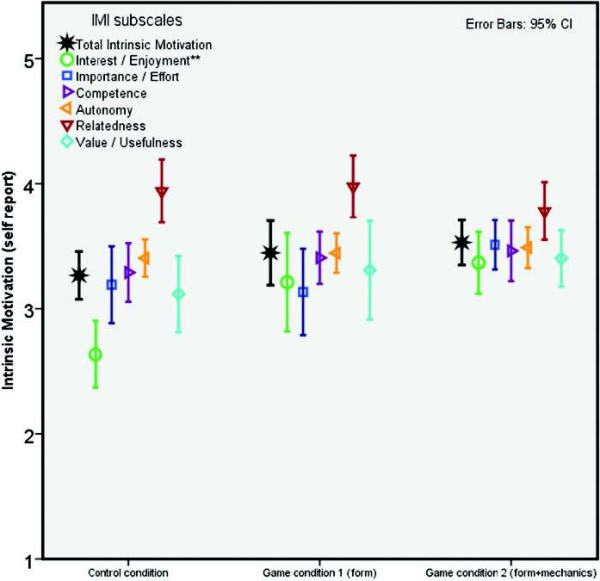This is a segment of the original article. Click the «Read More» link at the bottom of the article to see it in full. I did not write this nor do I claim to. This is all curated content that I have read and found interesting.
Or at least, that’s what our study at Aarhus University found. Something had been bothering me for a while about gamification – both as a game scientist and as a psychologist trained in evidence based practice. All this talk of gamification involves a lot of yphe and claims about game elements like badges, levels and achievements, but pundits never bother to dissociate the effects of each such mechanic. Would it make a difference if we removed, say, the leaderboards? What if we took all the game rules out? What if visually and verbally presenting something as a game is just as important as the game mechanics?
The discourse around gamification also likes to cite Edward Deci and Richard Ryan’s intrinsic motivation as an outcome of gamification. Well, guess what? I’ve been teaching that theory for years. Psychologists can measure that! So we did an experiment, which is now published online in Games and Culture, demonstrating that presenting an activity as a game meant just as much as the game mechanics behind it. I’ll walk you through our thinking, the experiment, the results, and why I now advocate a more piecemeal and controlled experimental approach to gamification …read more


Deja un comentario